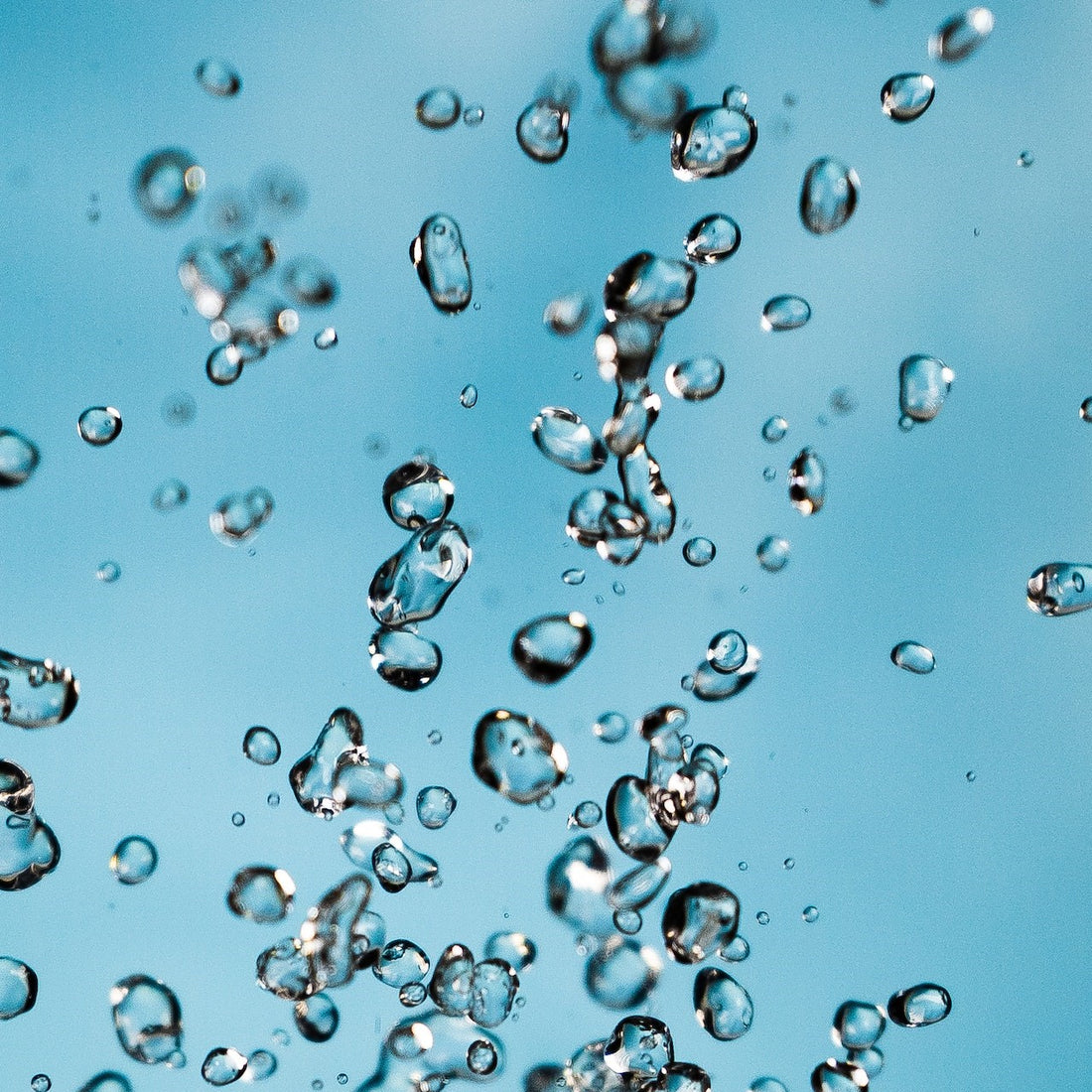
The Importance of Freshwater and Its Impact on Our World
Freshwater is a precious and finite resource that is essential for life on earth. Despite its importance, it is often taken for granted and wasted. This blog will provide key facts about the importance of freshwater, its impact on our world, and actionable steps that you can take to be more sustainable.
Key Facts about Freshwater
- Freshwater is a finite resource that makes up just 2.5% of the earth's water. The rest is saltwater. Of that 2.5%, only 1% is accessible for human use, the rest being frozen or underground.
- Unlike other resources like oil or gas, water cannot be created, and the amount of freshwater on Earth is limited. This means that we must be mindful of how we use and manage water to ensure that it is available for generations to come.
- By 2025, 1.8 billion people will be living in regions with absolute water scarcity. This means that they will not have enough water or clean water to meet basic needs like cooking, washing or showering.
- Life on Earth depends on healthy ecosystems. Freshwater ecosystems, such as wetlands, rivers, mangroves, and aquifers, are a critical part of the global water cycle – supplying, purifying, and protecting freshwater resources.
- Water and climate change are inextricably linked. Extreme weather events are making water more scarce, more unpredictable, more polluted, or all three.
Impact of Freshwater on Our World
Freshwater is essential for all living beings, but the impact of freshwater goes far beyond that. Here are a few examples:
- Agriculture: Agriculture is the largest consumer of freshwater, using around 70% of the world's freshwater. Irrigation is essential to growing crops, but it also leads to depletion of groundwater and pollution of surface water.
- Energy: Water is also essential for energy production. It is used to cool power plants, produce hydroelectricity, and extract fossil fuels. However, this use of water can also cause water pollution and thermal pollution.
- Biodiversity: Freshwater ecosystems are home to a diverse array of species, including fish, birds, and amphibians. These ecosystems are also important for water purification, nutrient cycling, and flood control.
- Human Health: The availability of freshwater is critical for human health. Lack of access to clean water and sanitation is a leading cause of disease and death in many parts of the world.
Actionable Steps to Be More Sustainable
- Conserve water: Every drop of water counts. Start by taking shorter showers, fixing leaks, and using low-flow appliances. You can also collect rainwater for gardening and use greywater for non-potable uses.
- Choose sustainable products: Make a conscious effort to choose products that use less water (like our waterless skincare & haircare powders) and are made sustainably. For example, switching to clothing made from sustainable materials and produced with less water.
- Eat a sustainable diet: A significant portion of the world's freshwater is used in agriculture. Reducing your meat & dairy intake or switching to a vegan diet, will have a significant impact on your water and carbon footprint.
- Support conservation efforts: you can support conservation efforts by donating to organizations that protect freshwater ecosystems like our partner Charity:Water and advocating for policies that protect water resources.
Freshwater is a finite resource that is essential for life on earth. The impact of freshwater is far-reaching and affects everything from agriculture to human health. As conscious consumers, we can take action to be more sustainable in our daily lives and support conservation efforts to protect freshwater resources for generations to come.




